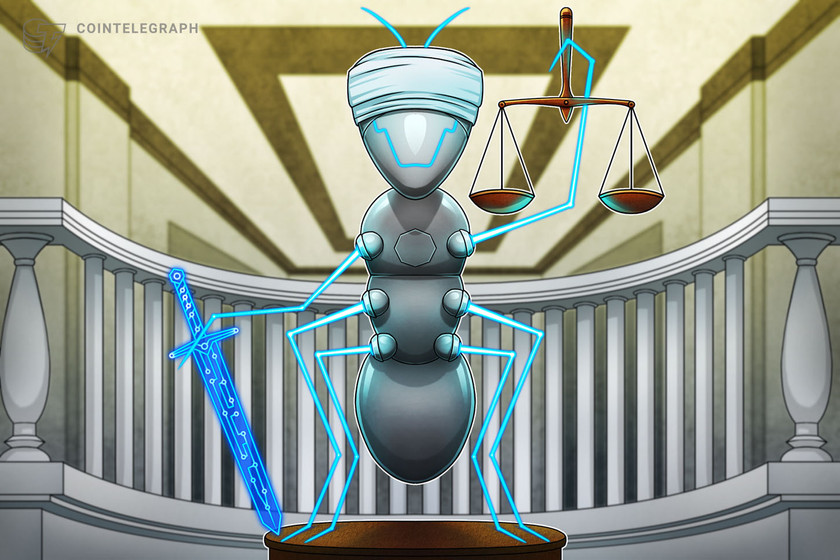Collapsed crypto exchange FTX and 130 affiliates filed for bankruptcy in Delaware on Nov 11. Chaos followed as a number of FTX creditors, investors and industry experts began to question what would happen next.
Laura Shin, crypto journalist, author and host of the Unchained Podcast, sent a tweet on Nov. 15 questioning whether the alleged inter-loan agreement between FTX and Alameda — the company’s venture capital arm — will affect creditors’ and customers’ ability to get back funds.
Could one big venture success out of FTX Ventures be a viable path to recovery for FTX creditors & customers? @wassielawyer and @ThomasBraziel think so, although that could take up to…10 years.
full episode: https://t.co/xyHyTC59sw pic.twitter.com/DpDXg1oORK
— Laura Shin (@laurashin) November 15, 2022
Caitlin Long, founder of Custodia Bank — a Wyoming-based bank specializing in digital assets — tweeted that this would be the most complex bankruptcy in U.S. history.
I DON’T THINK IT’S AN UNDERSTATEMENT to predict that @FTX_Official Chapter 11 will be most complex bankruptcy in US history. No clear commercial law roadmap re:#crypto for the judge to follow. US bankruptcy law has “presumption against extraterritoriality.” Every creditor doxxed pic.twitter.com/RFipf062RS
— Caitlin Long ⚡️ (@CaitlinLong_) November 11, 2022
According to Long, the international corporate structure of FTX will create complexities. This already appears to be the case, as Bahamian liquidators recently mentioned that their actions may impact the Chapter 11 case, according to Reuters. Moreover, on Nov. 14, FTX filed a document revealing that the exchange may have more than one million creditors involved in the bankruptcy case.
How the FTX bankruptcy differs
Given the complexities involved with the FTX bankruptcy, it’s become clear that this case will likely differ from other United States bankruptcy proceedings. Joseph Moldovan, chair of business solutions, restructuring and governance practices at Morrison Cohen — a New York-based law firm — told Cointelegraph that while there have been complex bankruptcy proceedings in the United States, the FTX Chapter 11 case is unique due to the unknowns.
“What’s most unusual about the FTX bankruptcy is that the debtors are complex entities with significant amounts of debt. Normally, there are months and months of preparation. Corporate bankruptcies are usually very granular, choreographed and developed processes before they are…
Click Here to Read the Full Original Article at Cointelegraph.com News…
























